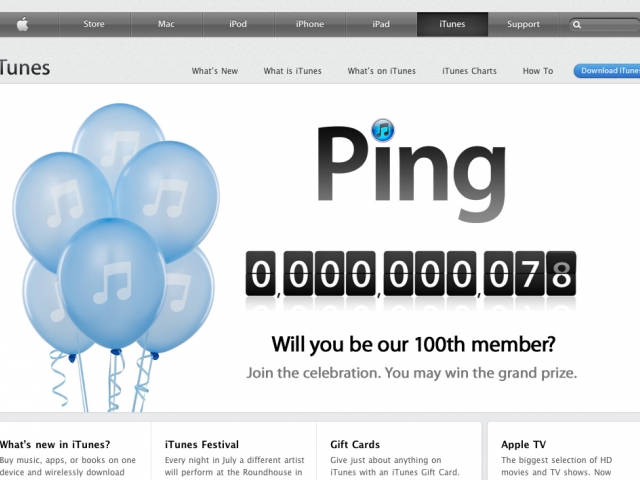
Apple tried to create a competitor to the iTunes application for listening music. However, the Ping project, implemented by the world brand, could not outrun the popularity of similar projects by Facebook and Twitter. It is noted that the social network for listening music did not arouse much interest among the audience.
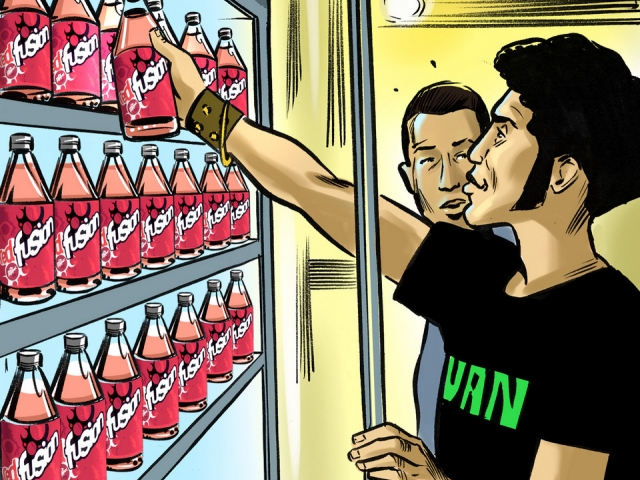
The popular brand of soft drinks Dr.Pepper never expanded the range of its own products for 115 years, until 2002: in the arsenal of the brand was the classic version of Dr. Pepper and its dietary variation. However, in the early 2000s, the company decided to release a new product, which was supposed to go far beyond competitors. It is known that the most loyal fans of the brand did not appreciate the new lemonade called Red Fusion, they considered its taste cloying and too sweet. The production of the drink had to be stopped.
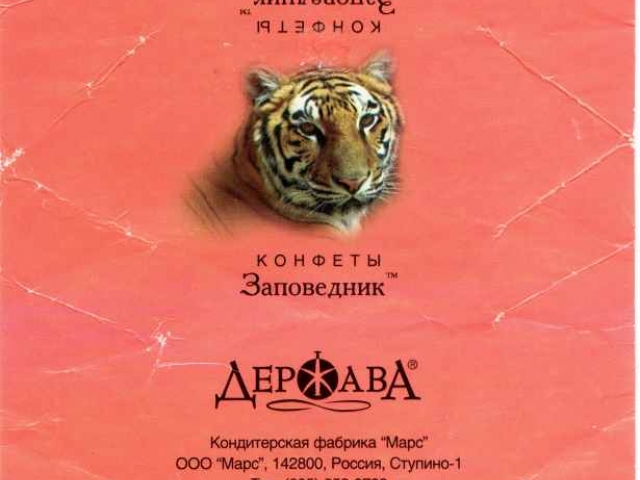
The world-famous producer of food products Mars in the early 2000s tried to win the Russian consumers with sweets called "Power." At that time in the country there were about 1200 names of sweets in bulk; however, the popular foreign brand decided that successful advertising and love of Russian consumers for this product will make the project successful. On promotion, $3 million was spent, but costs were money thrown into the wind - "Power", created by the West, was incomprehensible to the local audience. So, in 2003 the release was stopped.
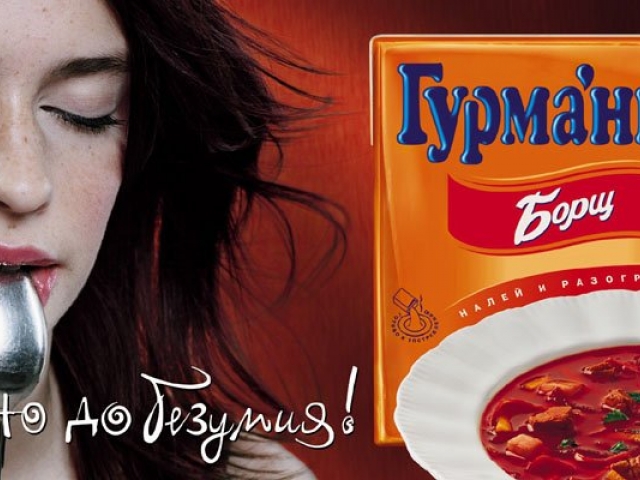
Another disastrous project of the foreign corporation Mars in the Russian market is soups "Gurmania". It is explained that foreigners again did not take into account the national mentality: Russian housewives prefer to cook soup on their own, without resorting to the simple warming up of an incomprehensible substance. It is noted that about $10 million was spent on the construction of the plant in Russia, additional funds were spent on professional advertising.
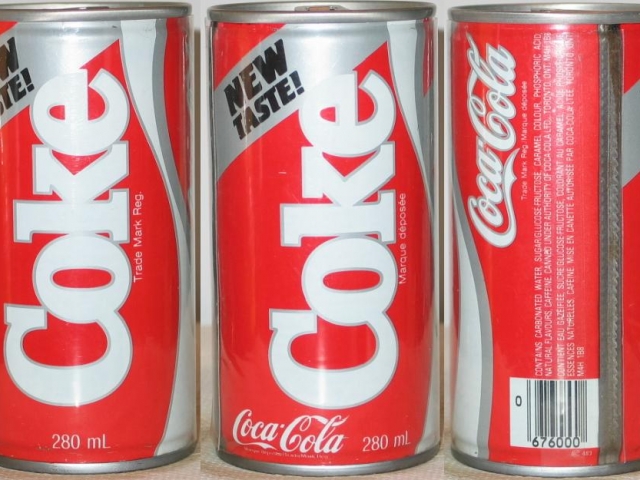
The mistake in the marketing strategy was also made by the popular American company Coca-Cola. So, in the 1980s the head of the brand Roberto Goizueta decided to increase the popularity of brand drinks, but because of wrong business actions, he became the object of ridicule and mockery. So, he proposed to improve the formula of the classic cola, replacing it with New Coke. The drink went through all blind tests, showing excellent results. However, Goizueta, as it turned out, decided to remove the old version of the drink from production, completely replacing it with a new one. The fans of the brand were outraged that they had no choice. The head of the company was showered with insults. The brand had no choice but to return everything to its proper place.
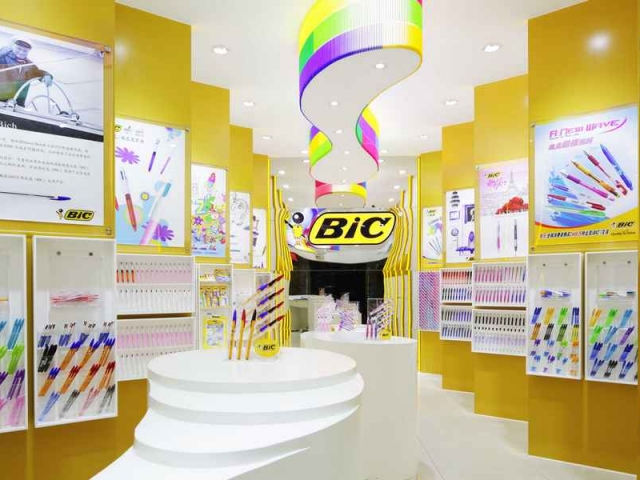
Another failure associated with the expansion of the product line occurred in the late 90's with the world famous brand-manufacturer of ballpoint pens BIC. So, the company decided to try itself in the manufacture of underwear. The main principle of BIC - "cheap, reliable and practical" - led this company to the world leadership in the pen market. However, the buyers could not understand how the pens, lighters, that company also successfully sells, and underwear are related. As a result, BIC closed production of this type of clothing in 1999.
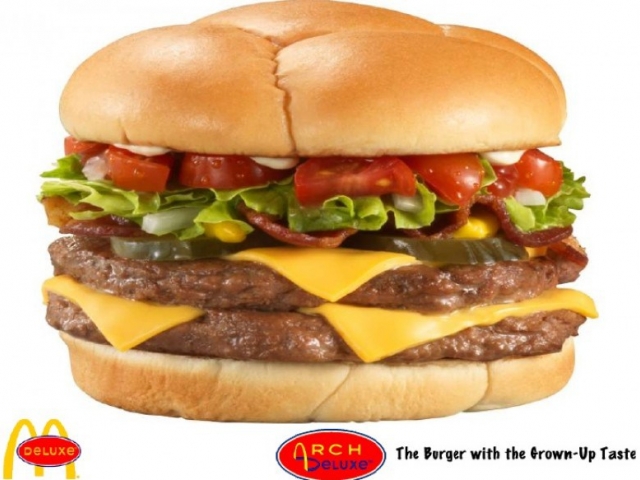
In 1996, the well-known McDonald's brand decided to dilute the line of hamburgers with a new variation called Arch Deluxe Burger. The essence of the "newcomer" was that it was intended exclusively for "adults." Marketers offered to make a burger, not associated with children. So, in advertising of Arch Deluxe kids persistently refused to try this product, saying that it is very "sophisticated" and "upscale". It is noted that the brand spent about $300 million on researching this project, its implementation and promotion. This burger has failed almost in all countries but in Russia and France, in the menu it still can be found "Royal De Luxe" - that's how Arch Deluxe was interpreted for these states.
 English
English 
 Русский
Русский Bahasa Indonesia
Bahasa Indonesia Bahasa Malay
Bahasa Malay ไทย
ไทย Español
Español Deutsch
Deutsch Български
Български Français
Français Tiếng Việt
Tiếng Việt 中文
中文 বাংলা
বাংলা हिन्दी
हिन्दी Čeština
Čeština Українська
Українська Română
Română
